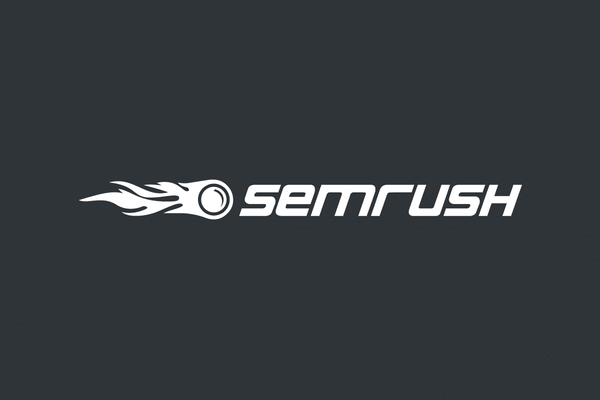SEO (Search Engine Optimization) is a critical component of digital marketing that helps improve a website’s visibility in search engine results, driving organic traffic and potentially increasing revenue. While the benefits of SEO are clear, it is often considered an expensive investment.
1. Complexity and Scope of Work
Technical Expertise
- Advanced Skills: SEO requires a deep understanding of search engine algorithms, technical website optimization, keyword research, and content strategy. Specialists with these skills command higher fees due to their expertise.
- Continuous Learning: SEO professionals must stay updated with the latest trends, algorithm changes, and best practices, requiring ongoing education and adaptation.
Comprehensive Strategy
- Holistic Approach: Effective SEO encompasses multiple disciplines, including on-page optimization, off-page optimization (link building), technical SEO, and content marketing. Each aspect requires specialized knowledge and effort.
- Custom Solutions: SEO strategies must be tailored to each business’s unique needs, industry, and competition level, which adds complexity and cost.
2. Time-Intensive Processes
Research and Analysis
- Keyword Research: Identifying the right keywords to target requires extensive research and analysis of search volume, competition, and relevance to the business.
- Competitor Analysis: Understanding and analyzing competitors’ SEO strategies to identify opportunities and threats is a time-consuming process.
Implementation and Optimization
- On-Page Optimization: This includes optimizing website content, meta tags, images, and internal linking structure, which requires meticulous attention to detail.
- Technical SEO: Addressing technical issues such as site speed, mobile-friendliness, and crawlability involves thorough audits and fixes, often requiring developer intervention.
3. Continuous Effort and Maintenance
Ongoing Optimization
- Algorithm Updates: Search engines frequently update their algorithms, necessitating continuous adjustments to SEO strategies to maintain or improve rankings.
- Content Updates: Regularly updating and optimizing existing content to keep it relevant and competitive is crucial for sustained SEO success.
Monitoring and Reporting
- Performance Tracking: Constant monitoring of key performance indicators (KPIs) such as organic traffic, rankings, and conversions is essential to measure the effectiveness of SEO efforts.
- Reporting: Regular reporting and analysis help businesses understand the ROI of their SEO investments and make informed decisions.
4. Quality Content Creation
High-Quality Content
- Expert Writers: Creating high-quality, engaging, and informative content that resonates with the target audience and satisfies search engine requirements involves skilled writers, which can be costly.
- Content Strategy: Developing a content strategy that aligns with SEO goals and business objectives requires significant planning and expertise.
Visual and Multimedia Content
- Visual Assets: High-quality images, infographics, and videos enhance content and improve user engagement, but they also add to the production costs.
- SEO for Multimedia: Optimizing visual and multimedia content for search engines involves additional effort and technical know-how.
5. Link Building
Quality Backlinks
- Link Acquisition: Building a robust backlink profile with high-quality, relevant backlinks from authoritative sites is a critical but challenging aspect of SEO.
- Outreach Efforts: Effective link-building requires extensive outreach to other websites, relationship-building, and sometimes guest posting, all of which are labor-intensive.
Avoiding Penalties
- Ethical Practices: Ensuring that link-building practices adhere to search engine guidelines to avoid penalties requires careful planning and execution.
6. Tools and Technology
SEO Tools
- Premium Tools: Access to advanced SEO tools like Ahrefs, SEMrush, Moz, and others, which are essential for research, analysis, and monitoring, involves subscription costs.
- Analytics Platforms: Utilizing analytics platforms to gather insights and track performance also contributes to the overall expense.
Technical Infrastructure
- Website Optimization Tools: Tools for optimizing site speed, monitoring uptime, and conducting technical audits add to the costs.
- Content Management Systems: Ensuring that the CMS supports SEO best practices and integrating necessary plugins or custom features might require additional investment.
7. Expertise and Experience
Professional Fees
- SEO Agencies: Hiring reputable SEO agencies with proven track records can be expensive, but they bring the necessary expertise and resources to deliver results.
- Freelancers and Consultants: Experienced freelancers and consultants also charge premium rates for their services, reflecting their skills and experience.
ROI and Value
- Long-Term Investment: While SEO is expensive, it’s also a long-term investment that can provide sustainable growth and high ROI when done correctly. The cost reflects the value of building a solid foundation for organic search visibility.
Final Thoughts
SEO is expensive because it encompasses a wide range of complex, time-intensive activities that require specialized skills, continuous effort, and high-quality resources. From technical optimization and content creation to link building and ongoing monitoring, each aspect of SEO contributes to its overall cost. However, the investment in SEO can yield significant returns in terms of increased organic traffic, higher rankings, and improved online visibility, making it a worthwhile endeavor for businesses aiming for long-term success in the digital landscape.








